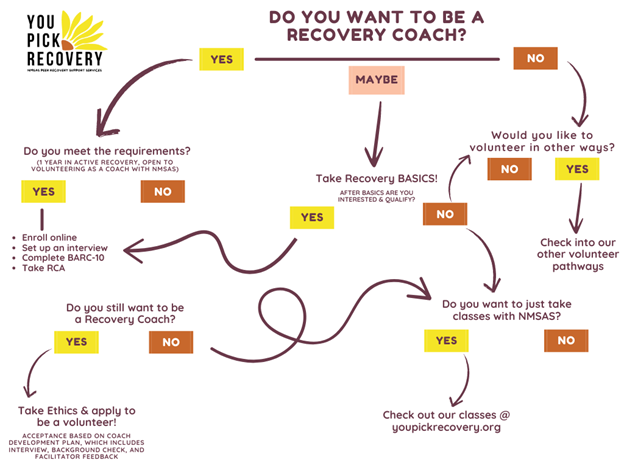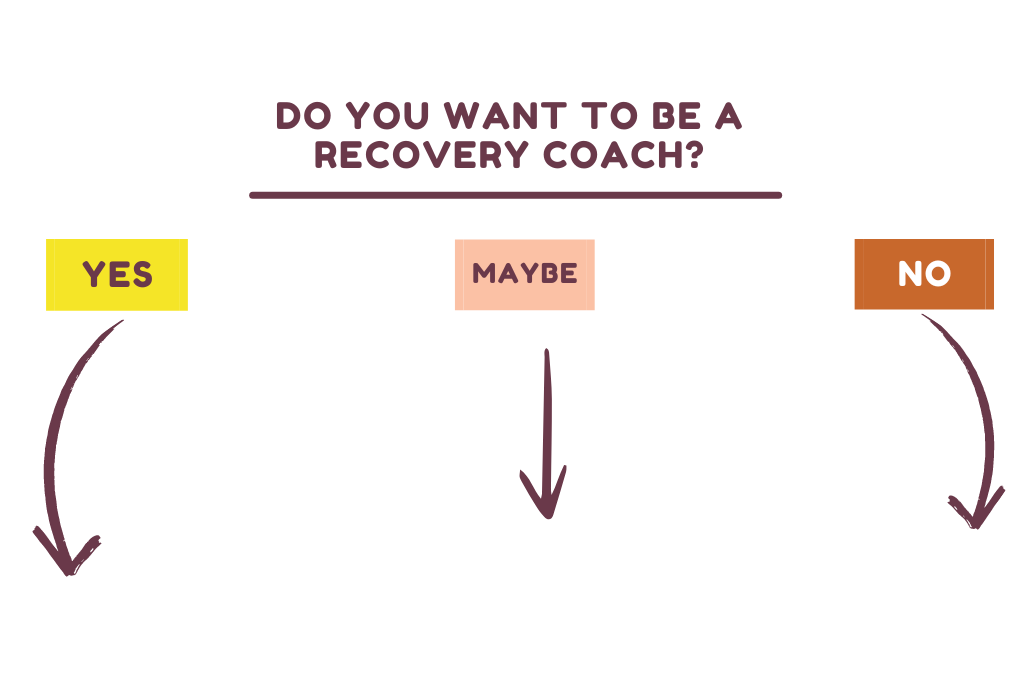The Journey Toward Becoming a Peer Recovery Coach: A Path of Hope and Healing
In life, we all face challenges that shape who we are and where we’re headed. For some, the road hasn’t always been easy, but each step has brought them closer to a deeper understanding of themselves and others. This journey has inspired a new calling within—a desire to become a peer recovery coach.
Understanding Your Why
The idea of becoming a peer recovery coach isn’t just about a career change; it’s a calling born from one’s own experiences. Having faced their battles with [substance use/mental health/other relevant challenges], peer recovery coaches know firsthand the importance of having someone who truly understands what someone is going through. It’s not just about professional support; it’s about empathetic, human connection. This connection can be the key to unlocking a path to recovery.
The Power of Lived Experience
One of the most valuable tools a peer recovery coach possesses is lived experience. Having walked the difficult path of [recovery/overcoming challenges], coaches have learned that sharing their story can be a powerful tool for others. It’s not just about offering advice; it’s about showing that recovery is possible, and point peers to resources that can aid them in their own recovery. By sharing their journey, peer recovery coaches hope to inspire others to find the strength within themselves to keep going.
Giving Back to the Community
The recovery community can be a vital part of recovery, providing support, resources, and a sense of belonging when needed most. Recovery coaches want to give back. Becoming a peer recovery coach feels like a natural extension of this gratitude. Coaches can be that beacon of hope for others, guiding them through their darkest moments and helping them discover the light at the end of the tunnel.
The Role of a Peer Recovery Coach
A peer recovery coach is more than just a mentor; they are a bridge between the professional treatment system and the person in recovery. They provide emotional support, help set goals, and offer practical advice based on real-life experiences, and share valuable resources. It’s about walking alongside someone as they navigate their own recovery journey, providing encouragement, and helping them stay on track.
The Challenges and Rewards
This path won’t always be easy. Recovery is a complex and personal process, and every individual’s journey is unique. But the potential to make a difference in someone’s life outweighs any challenges. The reward of seeing someone grow, find their strength, and build a new life for themselves is immeasurable.
Taking the Next Steps
To become a peer recovery coach, you need to be committed to gaining the necessary training and be open to being a volunteer recovery coach with NMSAS. But more than that, it is a commitment to continuous personal growth and learning. In helping others, you must also take care of yourself, continue your own recovery journey, and remain grounded in the principles that have brought you this far.
Still interested in taking this journey with NMSAS to be a recovery coach? We ask for two basic requirements to be met before you can take the academy and eventually start coaching as a volunteer with us.
- Be in current, active recovery. (This is open to discussion with the coordinator, but keep in mind that to coach you need to have an active recovery time of a year.)
- Be open to volunteering as a recovery coach with NMSAS after your training.
If you meet those two requirements then here are the steps you need to take:
- Enroll for the Recovery Coach Academy at this link
- Set up an interview with the Peer Recovery Support Services Coordinator
- Complete the BARC-10 (Brief Assessment of Recovery Capital) during your interview.

After you have taken the Recovery Coach Academy and still want to move forward in becoming a recovery coach, then it’s time to take Ethical Considerations for Recovery Coaches (“Ethics”) and apply to be a volunteer with NMSAS! Once you take this second class and go through the application process, we will meet with you to go over a coach development plan that includes an interview, background check and feedback from the facilitators that did your training. When you’re trained and ready, we will begin to connect you with recoverees that you can coach!
A Future Filled with Hope
Becoming a peer recovery coach is more than just a goal; it’s a promise to yourself and to others. It’s a promise to be there for those who are struggling, to offer them hope, and to remind them that they are not alone. Your journey has brought you here, and if you are ready to step into this new role with compassion, empathy, and a deep commitment to helping others find their path to recovery, NMSAS is here to help!
Next Steps
Enroll today and tell us about yourself.


